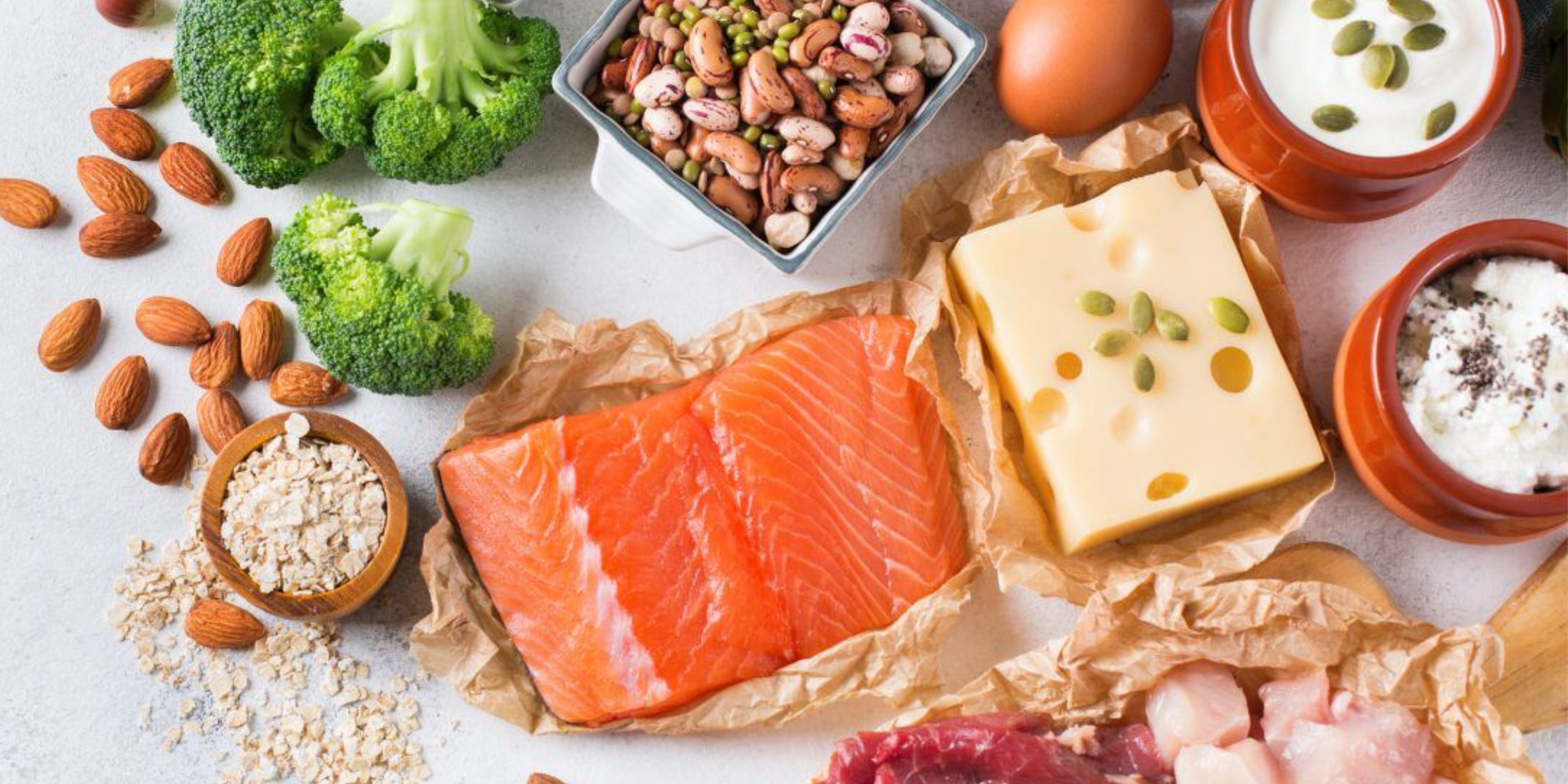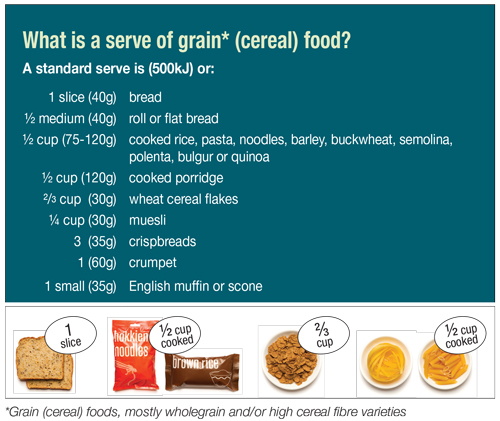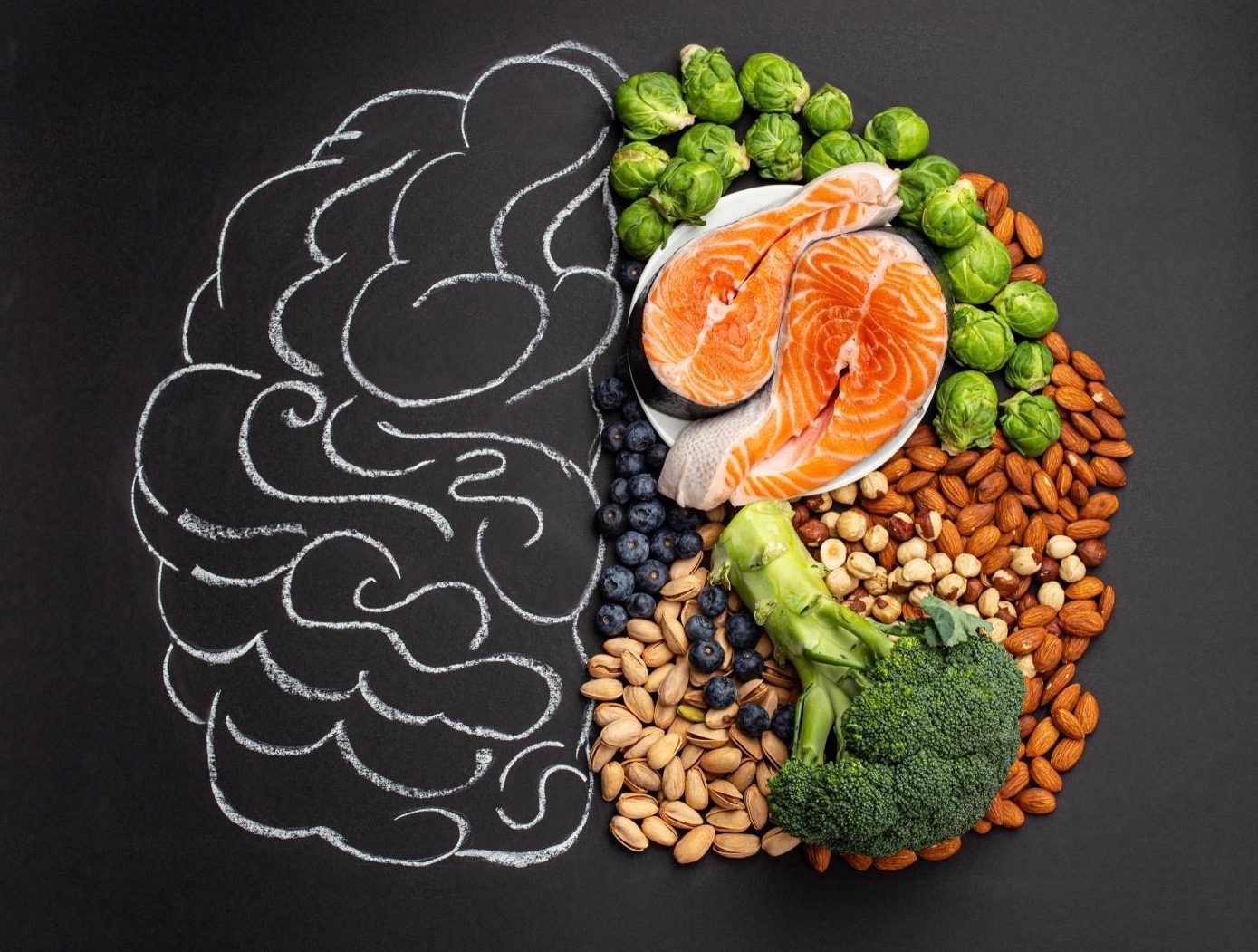Should Men & Women Really Eat The EXACT Same Food?

More Food + Energy Intake Than Women
Generally, men are taller, heavier and have more muscle tissue than women, resulting in men needing more energy and food than a woman. This doesn’t even take in to account the activity level of a man depending on his job and whether they exercise.
More Protein Than Women
Again, due to men having larger bodies (in terms of height and weight) and more muscle mass in comparison to women, men need more protein to fulfill their requirements for their bodies. Regularly consuming protein helps maintain muscles, which is important for strength, although it is also extremely important for day-to-day activities like walking and balance. However, men generally eat more red meat than women. Eating less animal-based protein can reduce the risk of prostate cancer and heart disease.
An adequate day of protein would involve a protein source at every meal and snack. See below our examples of protein
sources.
Animal-based protein sources: beef, lamb, chicken, fish, seafood, dairy yoghurt, cow’s milk,
eggs.
Plant-based protein sources: chickpeas, lentils, beans, tofu, tempeh.
More Fibre Than Women
Men do not get enough fibre and should be eating more compared to women. Fibre helps the digestive system to keep bowels moving and eliminate waste from the body. Fibre comes in the form of wholegrains (oats, wholegrain crackers, wholegrain bread, wholemeal pasta, brown rice, barley), fruits (in their full form, not juice), vegetables, nuts and seeds.
To reach the recommended 30g fibre/day, you must eat 6 serves of vegetables, 2 serves of fruit and 6 serves of grains. See below what 1 serve of grains looks like, aim for 6 of these per day!
Boost Your Mood With Food
Men are less likely to seek help for mental health conditions than women. It’s important for men to focus on health behaviours in favour of positive mental health to prevent progressing to mental health illnesses. Exciting research shows that what we eat can strongly influence mental health. Diet is only one part of solving mental health issues, although the research is strong to show the effect it has on symptoms. However, the overall quality of the diet is the most important thing, not targeting it down to one single food or nutrient.
Research shows that adopting a healthy diet, particularly the Mediterranean Diet, can lessen depressive symptoms and enhance our mental wellbeing. There is also evidence that this dietary pattern can positively influence heart health, improve sleep quality, and be protective against prostate cancer. The Mediterranean diet consists of plenty of fresh fruit and vegetables, oily fish, legumes, nuts and seeds, and wholegrains. The primary fat source in the diet is extra virgin olive oil. The healthiest populations in the world eat this style of diet.
From a diet point-of-view, high saturated fat and salt intake, inadequate fibre consumption and too many sugary drinks can all increase men’s risk of heart disease, mental health conditions and other illnesses. The key to dietary success is getting the balance right and eating a diet full of wholefoods (fruit, vegetables, wholegrains, dairy, lean meats) or a Mediterranean-style diet. Boosting your health may be a mouthful away!
References:
Feren, J. Eat your way to better mental health (2022) The Nutrition Guy. Available at:
https://www.thenutritionguy.com.au/diet-and-mental-health/ (Accessed: November 3,
2022).
Life expectancy hits a new high (2022) Australian Bureau of Statistics. Available at:
https://www.abs.gov.au/media-centre/media-releases/life-expectancy-hits-new-
high#:~:text=Life%20expectancy%20for%20males%20has,4.1%20years%20in%202018%2D2
020. (Accessed: November 3, 2022).




